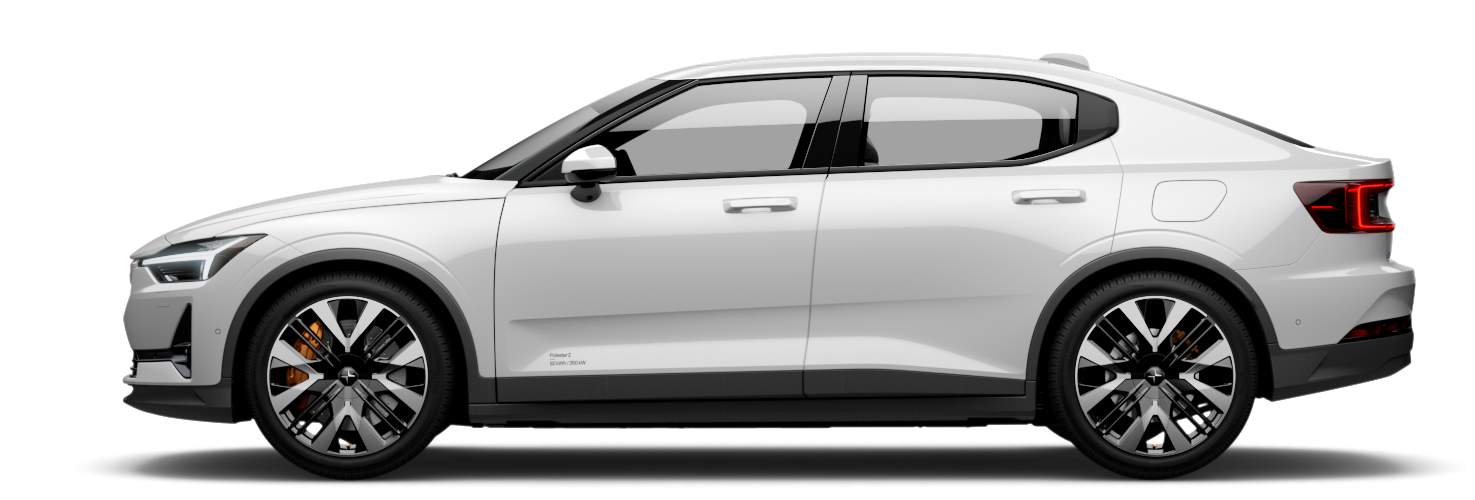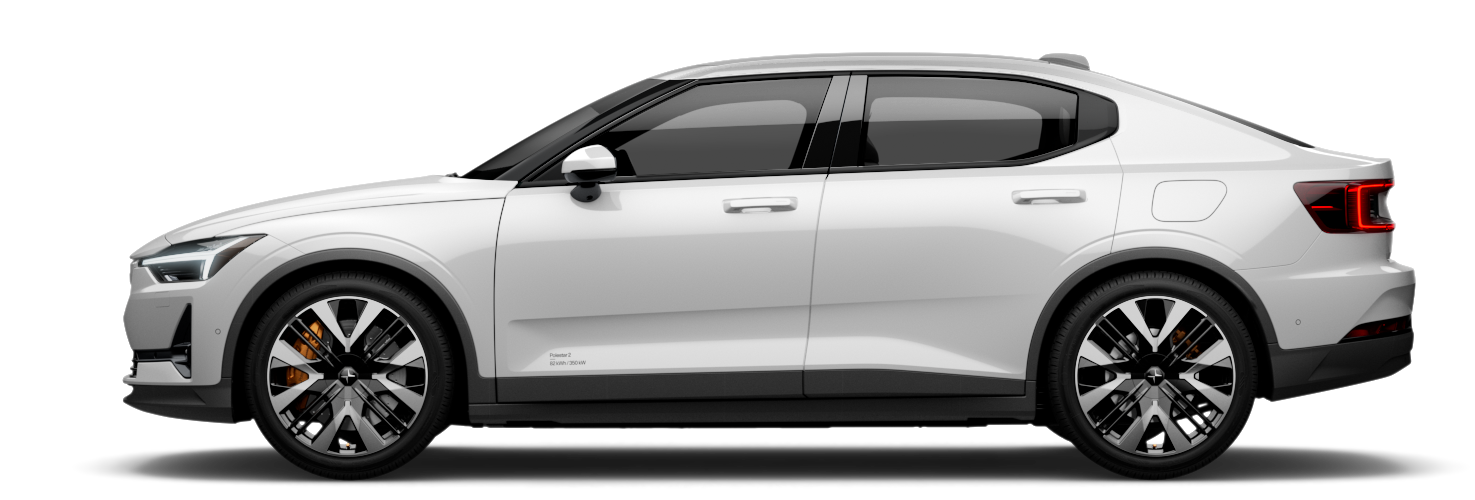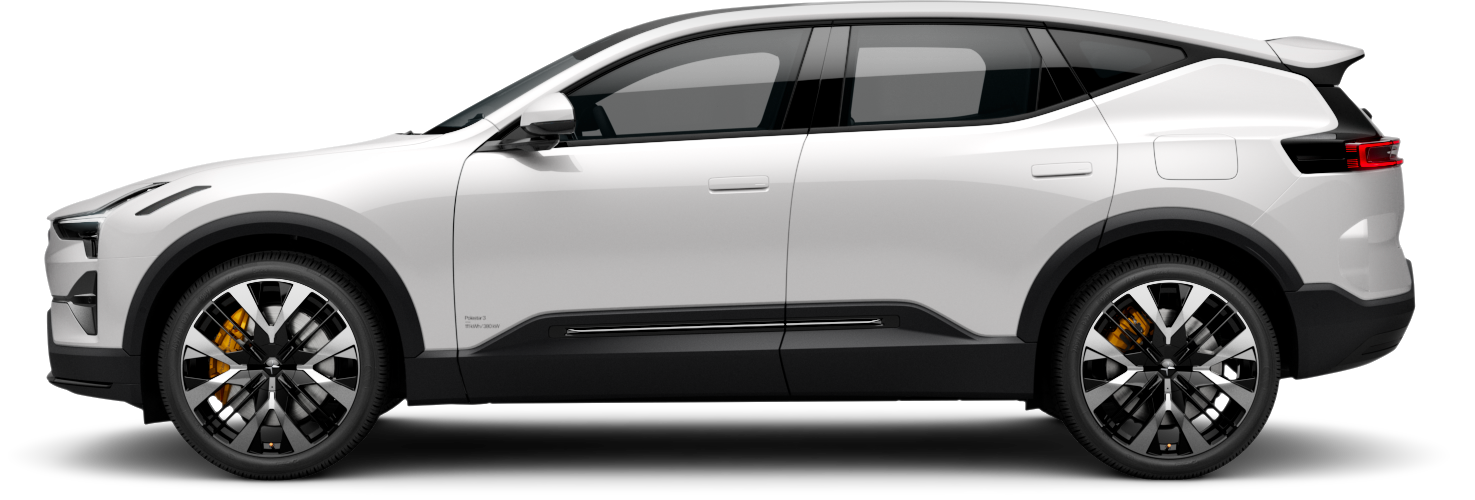COP26: the world’s most critical climate conference
COP26 (or, the UN Climate Change Conference 2021) is the world’s biggest, and arguably most important, climate conference since Paris 2015. The aim of this gathering is to look for ways to change the global response to the climate emergency. As we’ve said before, we’re big believers in change. But it goes beyond an awareness that something is wrong (which we’re already far too conscious of). Change requires a willingness to act. That’s why we’re headed to COP26.

During this two-week summit in Glasgow, countries, corporations, and car brands will meet to talk about their existing sustainability visions and to launch new ones. The climate plans that have been promised so far are not sufficient to achieve the objectives of the Paris Agreement.
Hoping to put further pressure on the people with the power to present more ambitious commitments (on par with set targets), we’re heading to COP26 with some critical messages.
To accelerate the transition to climate neutral mobility and bend the emissions curve within this decade, the car industry needs harder and bolder targets. It needs moonshot goals. Like the Polestar 0 project: our goal to create the first truly climate neutral car by 2030 without offsetting, by reducing emissions throughout the supply chain and production, as announced earlier this year. Six months on, we can confirm a working group is up and running under engineer and automotive veteran Hans Pehrson’s leadership. The project is entering its first phase: call for research, to be followed by advanced engineering and product development.
We see transparency as a key driver for the sustainable change we know must happen. Therefore, we perform Life Cycle Assessments (LCAs) of all our cars, starting with Polestar 2. The methodologies and results of said assessments are then published as reports. These reports consider a range of factors in a car’s life cycle, from material, to manufacturing, to recycling, and summarise this climate impact in one easily understood number. At COP26, we’re pushing OEMs and suppliers alike to embrace transparency with regards to measuring and communicating carbon footprints, supply chain ethics and materials traceability. Because brands can’t manage what they don’t measure. And people can’t make informed choices when they haven’t been informed.
Finally, we want to drive the discussion around green charging. If charged with green electricity, Polestar 2 has half the lifetime carbon footprint of an equivalent petrol car. Putting green energy on the charging grid should therefore be a top priority for politicians and charging station providers, as well as transparently communicating what energy is provided. If not, we are wasting the potential of EVs.
In Glasgow, we’ll sit down with some of the world’s most prominent thought leaders and decision makers. COP26 will see us engaging in conversations with the EU commissioner for transport, the Swedish Minister for Environment and Deputy Prime Minister, climate editors of tier-one media, sustainability entrepreneurs and industry-leading OEMs. Among others. To follow our COP26 activities, have a look below.
By going electric, the automotive industry has an opportunity to become a catalyst for change. But small incremental steps will not bring about the change we need. At COP26, we’re looking forward to seeing true action.
- For Innovation Day, Polestar Head of Sustainability Fredrika Klarén joined Edie's "COP26 Covered" podcast, digging into the essence of the EV revolution. Find the podcast here.
- Fredrika Klarén also spoke at The Climate Group’s RouteZero event. Learn what she had to say about the exciting advancements driving the transition to zero-emission vehicles here (fast forward 2:46:00).
- At The New York Times' Climate Hub, Fredrika Klarén challenged the auto industry to do better in a panel discussion, featuring representatives from Volkswagen AG and SSMT. Learn what the sustainability leaders had to say here.
- In the Swedish Pavilion in the Blue Zone (where the international negotiations took place), Polestar CEO Thomas Ingenlath hosted a panel looking at "Exponential Climate Transition in the Automotive Industry". Representatives from Volvo Cars, Northvolt, and SSAB helped drive the discussion, which also featured a top-ranked climate entrepreneur. Watch the recording here.
- Thomas Ingenlath joined the panel "How can Automotive Companies and Governments Work Together to Accelerate the ZEV transition?" comprised of CEOs from Volvo Cars, Scania, Volvo Group, SSAB and a political expert at the Swedish Ministry of the Environment. Learn what they had to say here.
- Fredrika Klarén also spoke about breaking the bonds of our fossil-fuel economies as part of the COP26 Backdoor event, hosted by We Don’t Have Time and Business Sweden. Listen to her keynote speech and the subsequent panel discussion here (fast forward 1:40:00).








